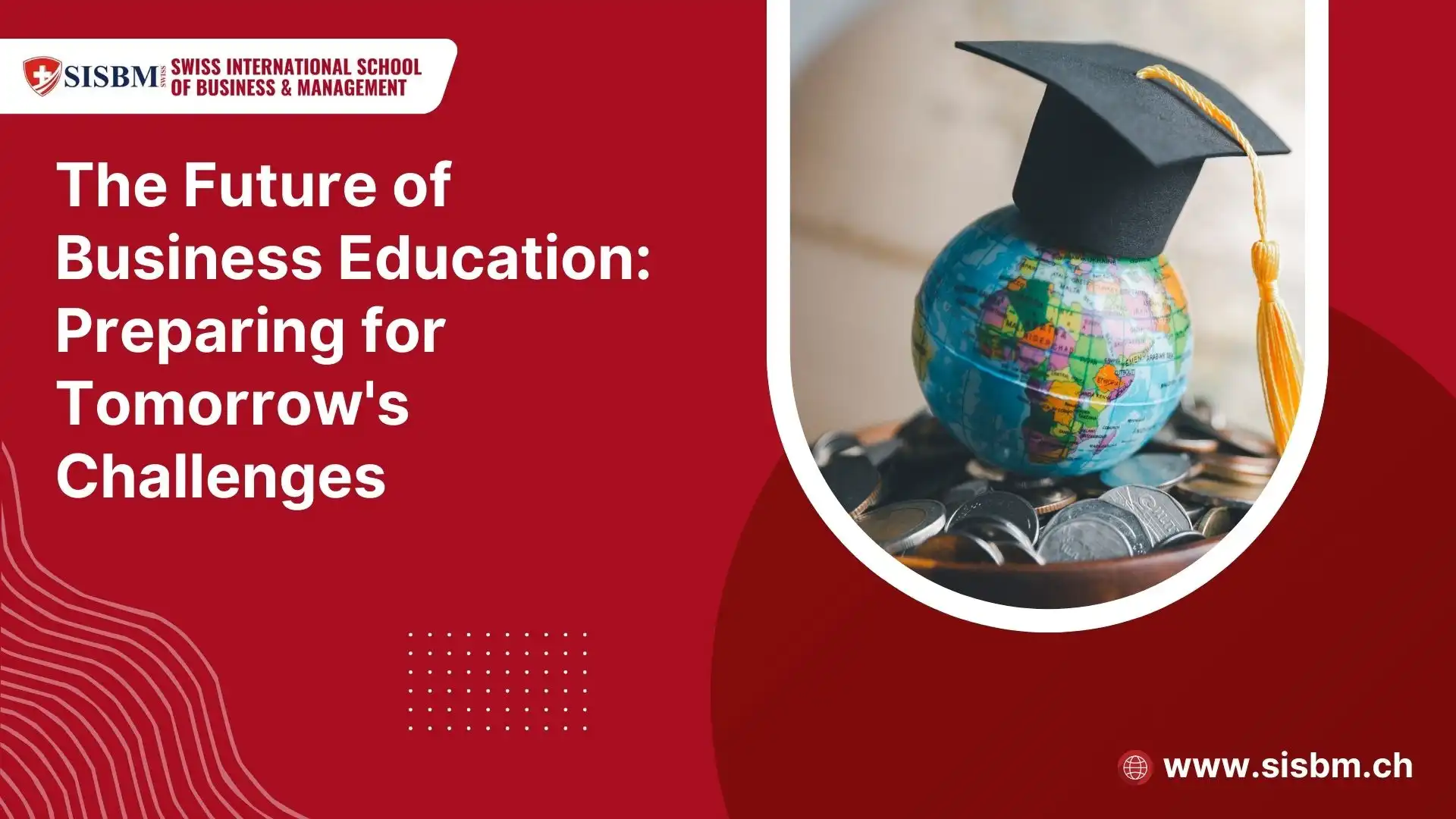As we look toward 2025, business education is rapidly evolving, driven by technological advances, global challenges, and changing workplace dynamics. To meet these challenges, how can business schools prepare students for issues like AI, sustainability, and diversity? The answer lies in embracing emerging trends that will redefine leadership and innovation.
Developing Purposeful Leadership
In a world facing crises—from health emergencies to geopolitical instability—business schools are focusing on building leadership skills that prioritize empathy, integrity, and resilience. Programs in crisis management, ethical decision-making, and effective communication are gaining traction, preparing future leaders to lead through adversity with purpose.
Embracing Technology and Analytics
As AI and digital technologies reshape industries, business schools are integrating AI strategy, data analytics, and digital tools into their curricula. Programs that combine hands-on learning with technology—such as Cornell’s Digital Technology Immersion—equip students to thrive in data-driven environments and innovate using emerging technologies like VR and AR.
Flexible Learning Models
Post-COVID, hybrid and online education have become the norm. Business schools are blending in-person and virtual learning to offer students greater flexibility and personalized experiences, catering to diverse learning preferences and modern life demands. Institutions like the Swiss International Management Academy (Swiss International Management Academy) are embracing this trend by offering flexible, online business management programs that incorporate cultural perspectives and global insights, helping students develop both technical and cross-cultural competencies.
Fostering Diversity and Inclusion
Diversity and inclusion are central to business education’s future. Schools are increasing representation of underrepresented groups and creating inclusive environments where all students feel valued. This prepares future leaders to manage and thrive in diverse, global business environments.
Embedding Sustainability and Social Responsibility
Sustainability is now integral to business education. Institutions are encouraging students to explore the intersection of profitability and ethical responsibility. Programs focusing on social impact and sustainable business practices are preparing students to address global challenges while driving business success.
Global Immersion and Real-World Learning
To succeed in the global marketplace, students need international exposure. Business schools are offering global immersion programs and partnerships with local organizations to help students apply their learning in real-world contexts, fostering innovation and cultural competence.
Interdisciplinary Learning
The future of business education is interdisciplinary. Dual-degree and joint programs allow students to gain expertise across multiple fields. This approach is helping schools like Swiss International Management Academy blend business education with cultural perspectives and global insights, preparing students for diverse challenges.
Conclusion: Shaping the Future of Business Education
The future of business education is poised for transformation. By adapting to technological advances, fostering inclusive leadership, and emphasizing sustainability and global engagement, business schools can prepare future leaders to navigate an increasingly complex world. The key to success lies in our ability to innovate and stay ahead of emerging trends.



